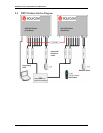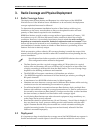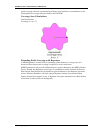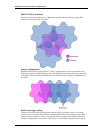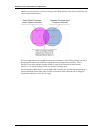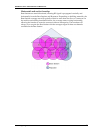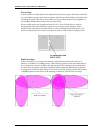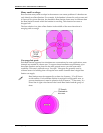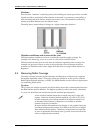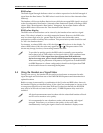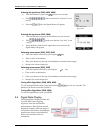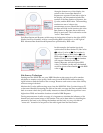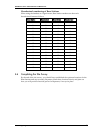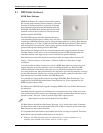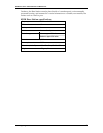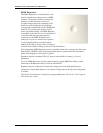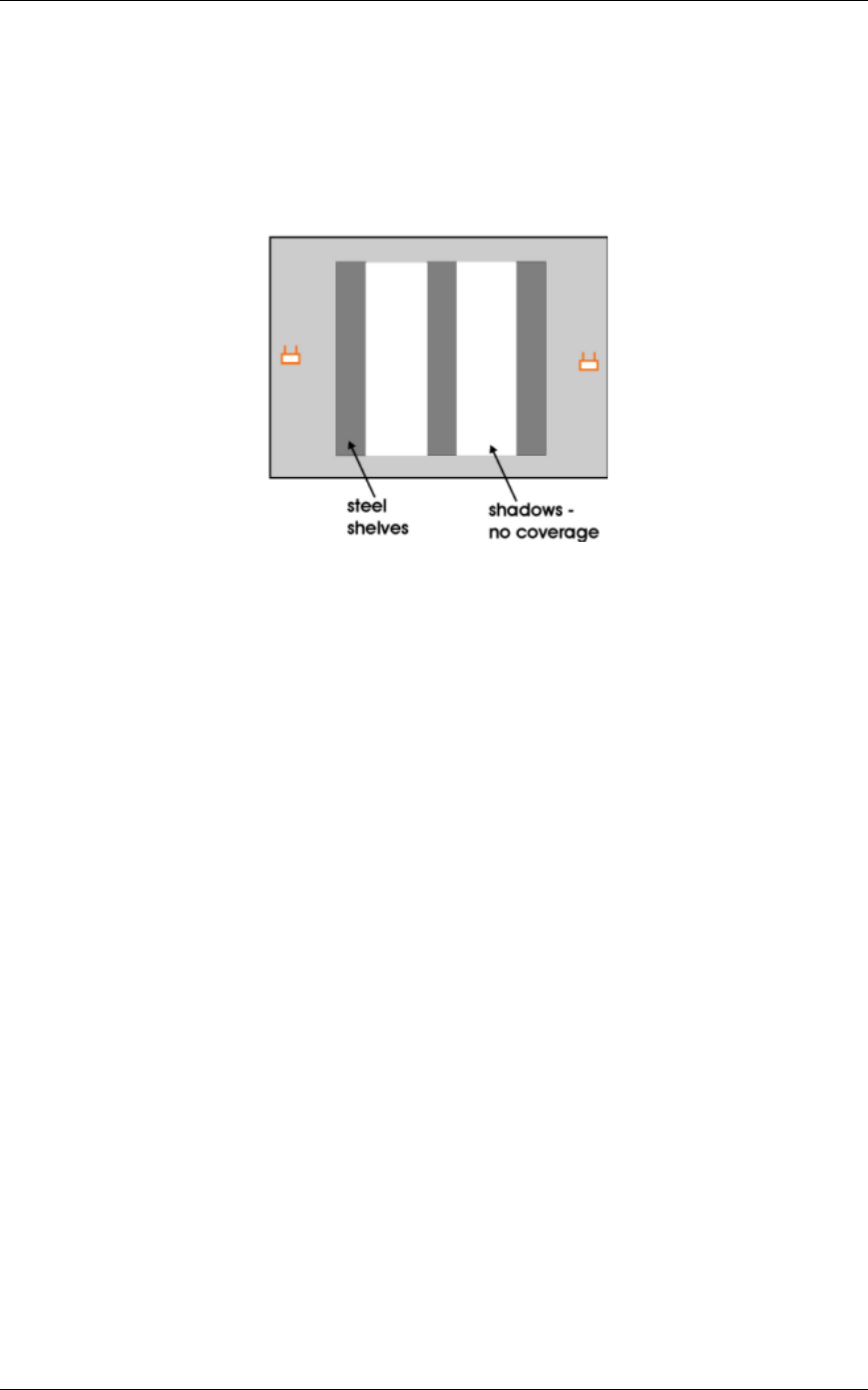
KIRK Wireless Server 1500 Installation and Maintenance
Shadows
Be aware that “shadows” created by parts of the building can cause spots where no radio
signals are able to penetrate. If a Base Station is mounted on a concrete or steel pillar, or
even mounted near steel shelves, shadow areas may occur. This should be resolved by
placing extra Base Stations near the shadow areas.
Firewalls/doors, metal siding or linings, etc., might create these shadows.
Weather conditions and seasons of the year
Different weather conditions can have an influence regarding radio coverage. For
example, rain, dense fog, a wet or icy roof or wall, can act as an RF shield.
Different seasons of the year can also have an influence regarding radio coverage. For
example, the growth of leaves on trees in the spring that were not present when the
solution was installed in the winter might affect the radio coverage of Base Stations or
Repeaters.
3.3 Measuring Radio Coverage
The radio coverage provided by Base Stations and Repeaters is related in two separate
but equally important values. These two values are referred to as the Q-value, and the
Radio Signal Strength Indicator, or RSSI. The KIRK Handset can be used as a signal meter
for measuring these values.
Q-value
The Q-value is a relative expression for the bit failure rate in the communication between
the Base Stations and the handset. The highest possible Q-value is 64; at this value there
is a very low bit failure rate and should provide excellent speech quality.
As the wireless handset roams the coverage area, the Q-value will
change. When the wireless handset registers a Q-value of 52 (12 bit
failures measured), the wireless handset will request a handover to
an alternative Base Station or Repeater or eventually to another
channel, frequency or timeslot.
Be aware that the information in the display is only updated once per
second meaning that the number of bit failure can be lower or higher
than indicated in the display. Therefore it is important to accept that
as soon as significant fluctuation of the Q-value occurs the end of the
radio coverage has been reached.
72160400_issue_B 15



